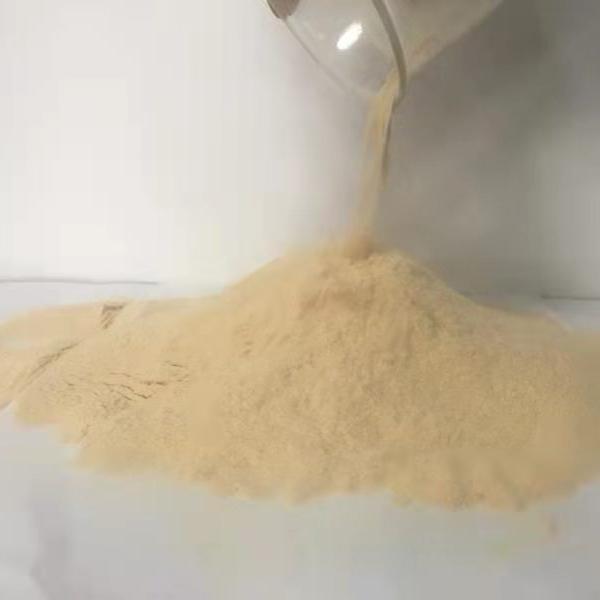
News
Ное . 13, 2024 14:38 Back to list
high quality chelating agent edta
The Importance and Versatility of EDTA as a High-Quality Chelating Agent
Ethylenediaminetetraacetic acid, commonly known as EDTA, is a chemical compound that has gained significant attention for its effectiveness as a chelating agent. A chelating agent is a substance that can form multiple bonds with a single metal ion, effectively binding it and facilitating its removal from solutions. EDTA is renowned for its high-quality chelation properties, making it invaluable in various fields, from industrial applications to medical treatments.
The Importance and Versatility of EDTA as a High-Quality Chelating Agent
In addition to its medicinal uses, EDTA is widely utilized in the agricultural sector. It is often found in fertilizers and soil amendments, where it aids in the availability of essential micronutrients like iron, manganese, and zinc. Plants often struggle to absorb these nutrients due to their tendency to form insoluble compounds in alkaline soils. By chelating these metals, EDTA enhances their solubility and bioavailability, promoting healthier plant growth and improved yields. This application is particularly vital in areas where soil quality is compromised, ensuring that crops receive the necessary nutrients for optimal development.
high quality chelating agent edta

The industrial sector also greatly benefits from EDTA's chelating properties. It is frequently employed in various processes, including water treatment, pulp and paper production, and textile manufacturing. In water treatment, EDTA helps remove scale-forming ions and heavy metals from systems, improving water quality and preventing damage to machinery. In pulp and paper production, it acts as a stabilizer, reducing the adverse effects of metal ions on the bleaching process. Moreover, in textile manufacturing, EDTA is used to control metal ions that can adversely affect dye quality, ensuring vibrant and consistent colors.
EDTA's versatility extends to the food industry as well, where it is used as a food preservative and stabilizer. Its ability to bind metal ions prevents oxidation, thereby extending the shelf life of various food products. This property makes it particularly valuable in preserving the quality of oils and fats, as well as in preventing discoloration in fruits and vegetables.
While the benefits of EDTA are significant, it is essential to use this compound responsibly. Environmental concerns have been raised regarding its persistence in ecosystems, and its impact on aquatic life needs to be carefully monitored. As industries and researchers continue to explore alternative chelating agents, the development of biodegradable and eco-friendly options is becoming a priority.
In conclusion, EDTA stands out as a high-quality chelating agent with a wide range of applications across multiple industries. From its critical role in medical treatments for heavy metal poisoning to its vital contributions in agriculture and industrial processes, EDTA's versatility and effectiveness are undeniable. However, as with any chemical, it is crucial to employ it thoughtfully, ensuring that its benefits can be harnessed while minimizing potential environmental impacts. Through responsible use and ongoing research, EDTA can continue to serve as an indispensable tool in various applications for years to come.
-
Polyaspartic Acid Salts in Agricultural Fertilizers: A Sustainable Solution
NewsJul.21,2025
-
OEM Chelating Agent Preservative Supplier & Manufacturer High-Quality Customized Solutions
NewsJul.08,2025
-
OEM Potassium Chelating Agent Manufacturer - Custom Potassium Oxalate & Citrate Solutions
NewsJul.08,2025
-
OEM Pentasodium DTPA Chelating Agent Supplier & Manufacturer High Purity & Cost-Effective Solutions
NewsJul.08,2025
-
High-Efficiency Chelated Trace Elements Fertilizer Bulk Supplier & Manufacturer Quotes
NewsJul.07,2025
-
High Quality K Formation for a Chelating Agent – Reliable Manufacturer & Supplier
NewsJul.07,2025
